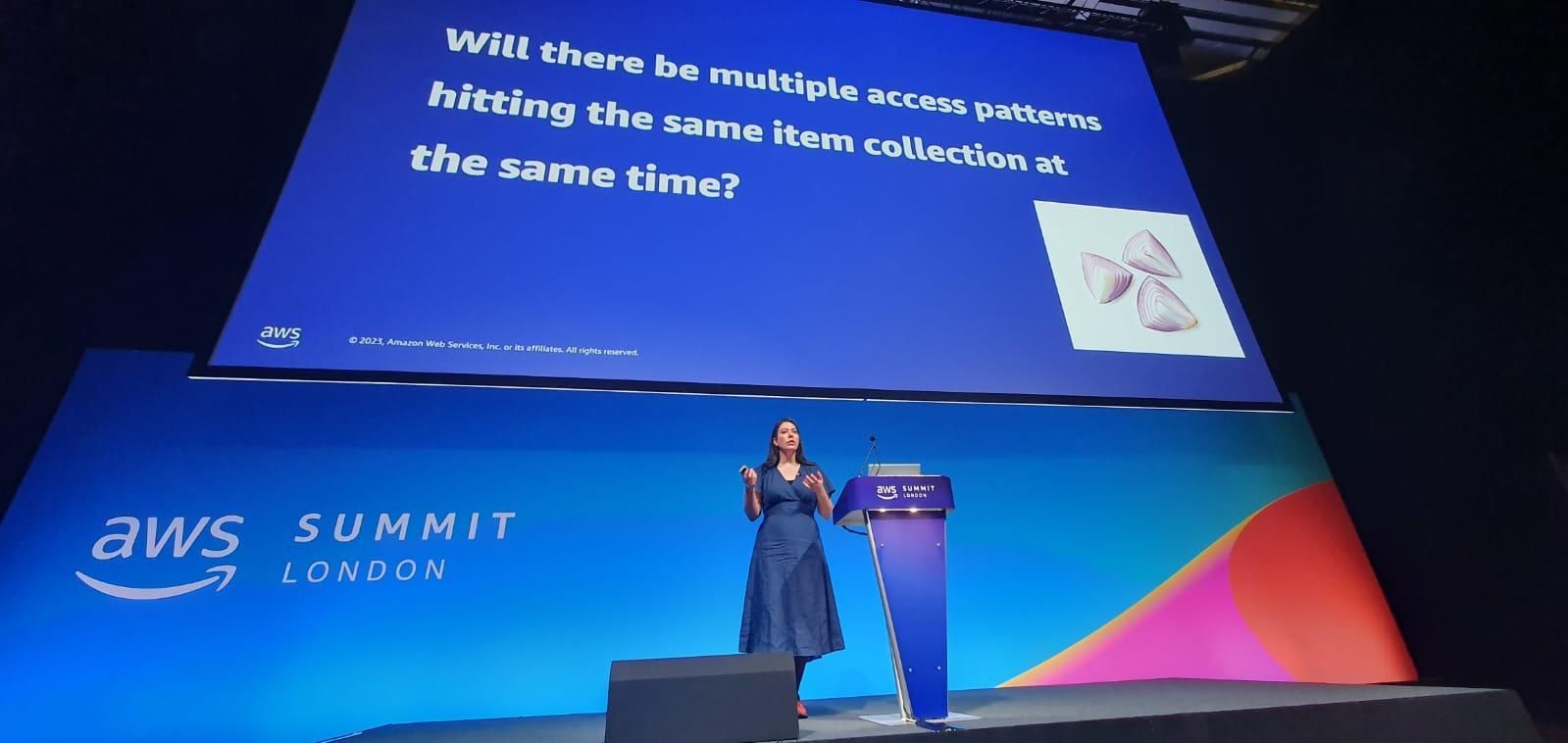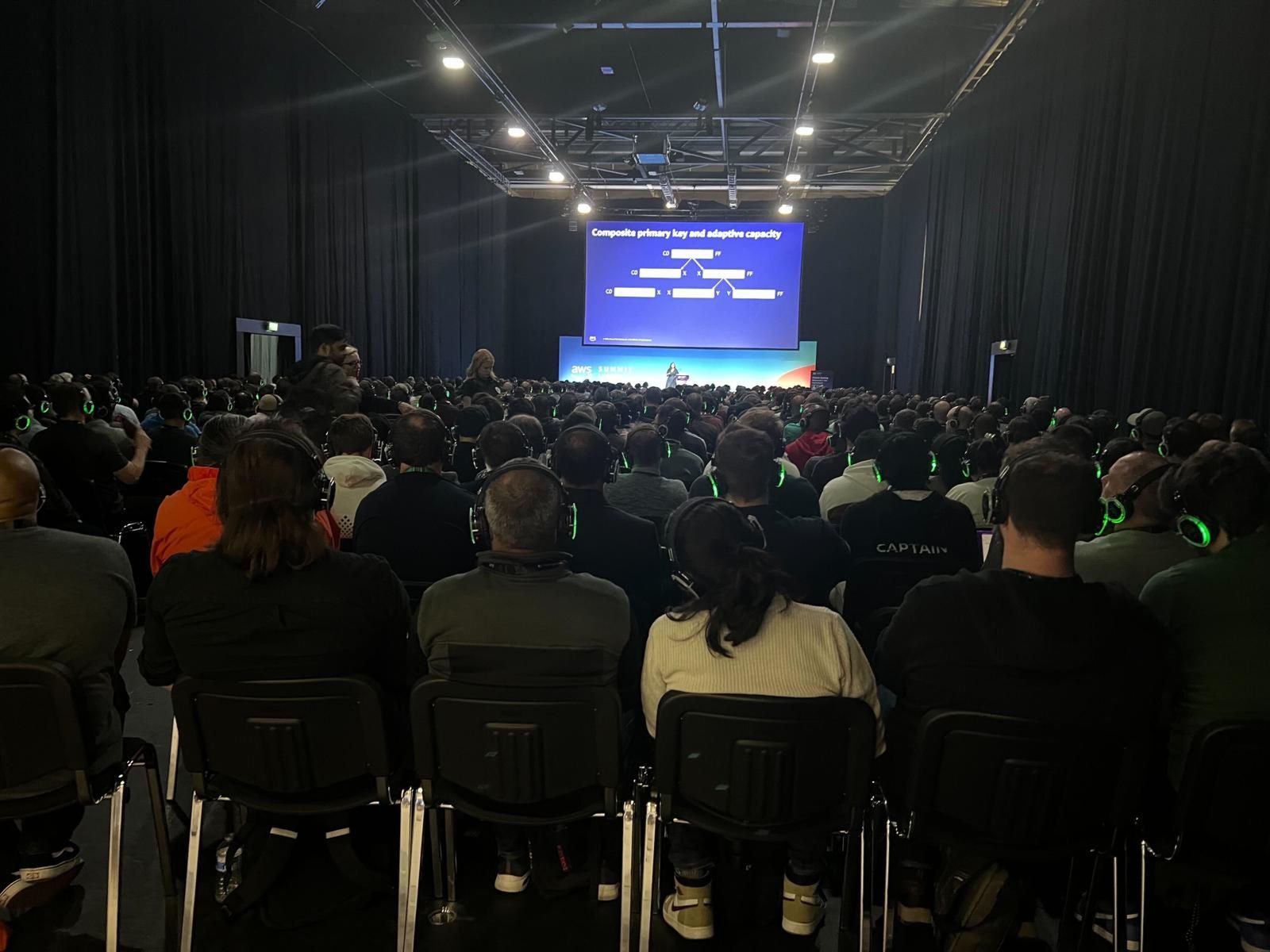As the end of the year is approaching, some of you may start reflecting on 2023 and set new goals for 2024. This reflection might be initiated from your own interest and for improvement purpose, or you work in a company where you are expected to write a one page report to list your achievements and improvement areas, which will be an input to your performance review and salary negotiation.
Praising your own hard work may not come natural to many of you, myself included, but it “seems” necessary in this competitive world that we as human beings have designed. In this digital era, many of you might feel the pressure of “out of sight, out of mind”, therefore being present in social media has become a must for many.
If you are a student or looking for a job these days, you may feel the pressure to have a distinctive CV or LinkedIn profile because of the direction that the job market has been taking.
The rise of social media
Let’s take a step back. The earliest recognizable social media platforms launched in the late 1990s, and the rise of smartphones in the late 2000s is what really fuelled social media’s expansion. Social media has been part of the daily life of billions of users and without a doubt, has transformed the social behaviours. The Netflix documentary The Social Dilemma shed light on some of the troubling psychological effects that prolonged social media use can have, based on the intentional design of these platforms. If you haven’t watched it yet, I highly recommend it.
Personal branding in IT
The IT industry is highly competitive, with new technologies emerging all the time. As social media platforms give everyone a voice, why not use it mindfully for your own benefit? Many of you have heard about “self-branding” and “be your own personal marketer”. Whether you define a strategy for branding yourself or not, each person has a personal brand; your brand is who you are, what you stand for, and how others perceive you, especially based on the digital footprint that you leave behind.
When you find some quiet time during the hustle and bustle of your daily life, identify your superpower, look critically at your technical and non-technical skills, and determine your speciality that you have developed expertise in, and last but not least, don’t forget about what brings joy to you.
Taylor Swift is a great example of hard work and delivering result, and at the same time, she controls the narrative and tells her story in a way that she chooses to rather than letting the press define different versions of her story. You can also own your career; set personal and professional goals that tells your authentic story in the coming years. Decide about which direction you want to take and get the support required to arrive at your desired destination.
The best way to brand yourself in the IT industry is by creating and sharing valuable and educational content. Whether you are working or looking for a job, be selective about the area and type of activities you are focusing on because your time and energy is limited. Sometimes your work has room for your public engagements, for example, you are allowed to share about your work-related projects in a blog post or speak at conferences.
You may choose to start contributing small and stay in your comfort zone, or challenge yourself and expand your skills.
Helping others is a great way to recharge your own batteries; respond to questions in technical forums such as Stack Overflow or AWS re:Post when you only have a few hours available per months. As you respond to more questions within your expertise area, you gain more points in those forums. Mention your contribution and gained points in your CV to show your technical credibility. Building a data-driven personal brand and a CV that can be fact-checked publicly is powerful.
If you are up for a challenge and have more time to invest in sharing your knowledge with tech communities, either a) identify topics within your expertise area where more examples and clarification are needed and create content for them, or b) start learning about a completely new area and then share your learning path and findings publicly. Writing blog posts, creating or contributing to open source projects, creating online courses, delivering webinars and speaking in conferences are ways to share your knowledge, lessons learned, and how-tos either locally or globally.
Choose the type of engagement that is challenging and enjoyable, so you can do it for a long time. As you grow personally and professionally, you try different areas and type of engagements which make you unique from the crowd. Just remember that building your personal brand is a marathon, not a sprint; be authentic and true to yourself. Don’t sacrifice quality over quantity; your brand should be associated with quality and credibility.
My own AWS journey
Let me tell you a bit about my own journey. In 2016, I worked on a lift-and-shift project where I was changing an existing monolith deployed on-premise to multiple microservices running in AWS. As I started learning more about AWS, I found myself more curious. My focus shifted from being deeply in the world of Java to AWS.
As a matter of fact, I never attended a formal training until 2019, it was expensive so my employers back then did not have any budget for that. I decided to work with what was publicly available to me instead; I learned by reading blog posts, checking samples in GitHub, watching recorded sessions from AWS re:Invent, and most importantly, by doing. I attended AWS User Group Meetup events, AWS DevDays, and AWS Summits whether my employer supported me or I paid out of my own pocket. I was on a new path with lots of challenges and new learnings ahead of me.
I have been working almost five years at AWS now and sharing my knowledge publicly has been close to my heart because of my own learning journey. As I found myself interested in NoSQL databases, specifically Amazon DynamoDB, I decided to become a specialist Solutions Architect for it which allowed me to help many AWS internal and external customers globally.
As I realized having more step-by-step data modelling examples would be helpful, I created and shared them in a GitHub repository: amazon-dynamodb-design-patterns. Similarly, I wrote multiple blog posts about different topics related to DynamoDB, for example, How Zalando migrated their shopping carts to Amazon DynamoDB from Apache Cassandra, Use vertical partitioning to scale data efficiently in Amazon DynamoDB, and Implementing version control using Amazon DynamoDB.
Whenever I check the page view statistics for these contents, my heart is filled with joy knowing that these contents reached thousands of engineers.

I also challenged myself to create completely new presentation material around topics that needed more examples and clarification. I had the privilege of speaking to thousands of engineers during webinars and also in-person conferences in Stockholm, Berlin, and London. I will share about how I prepare for a public speaking engagement in a different post.

Suggestions for your AWS journey
Enough about me and back to you; the main purpose of this post is to share ideas to tailor a career that you truly enjoy pursuing. The goal is to work on impactful projects to feel fulfilled, and as you develop your technical and non-technical skills, not only you should have financial stability but also strong salary increase.
If you plan to dive deep into AWS, one good way of setting a goal is to aim for a certificate, especially if you are looking for a job where AWS competence is required. This enriches your CV and helps you stand out in a crowd. See, AWS certificates to find out about different types of certificates.
There are plenty of free contents available such as recorded sessions about different AWS services in AWS channel in YouTube , code examples in GitHub, and AWS blog posts. Don’t forget to check out AWS Community Builders which is also free.
Did you know when you actively share your expertise publicly, you increase your chance to be recognized as an AWS Hero? Angela Timofte and Anahit Pogosova are two AWS Heroes based in Nordics.
Apologies if all my references are about AWS. I assure you that this is not a sponsored post. It’s just where my own focus has been since 2016. If you are focused on a different area within IT, you can find similar type of learning materials and type of advocacy for that area.
Final words
There are so many people that can inspire us based on their work. Allie K. Miller and Rana el Kaliouby are strong voices in AI, and Nana Janashia shares her DevOps expertise with the tech community. Follow them if you are interested in these areas.
Feel free to contact me if you’d like to discuss any of the tips shared above, mentorship program, or career coaching.
All the best,
/Samaneh